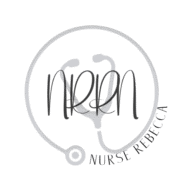
Let me just say it—if you’ve ever reached for a snack when you’re not hungry, you’re not alone. Emotional eating is so common, and yet so many of us feel shame around it. As a nurse and health coach, I’ve seen it over and over again—smart, strong women who can juggle a hundred things at once, but feel totally out of control when it comes to a bag of chips or a pint of ice cream after a stressful day.
I get it. I’ve been there.
Emotional eating isn’t just about food. It’s about soothing. It’s about feeling overwhelmed, exhausted, or even bored—and turning to food to make it all feel more manageable. And for a lot of us, this pattern starts way back. Maybe it was a cookie after a bad day in third grade. Maybe it was pizza nights after a breakup. Eventually, food becomes comfort, reward, escape—all wrapped up into one.
But here’s the thing: food can’t fix what it was never meant to heal. And the more we rely on it to do that job, the more frustrated we become when our health goals seem just out of reach.
So let’s unpack this together, and more importantly—let’s talk emotional eating strategies. Practical, real-life, “I’ve tried this and it actually helps” kind of stuff.
What Emotional Eating Really Looks Like
It often sneaks in quietly. You’re not hungry, but you’re scrolling through emails and find yourself standing in front of the pantry. You’re eating dinner and then suddenly reaching for seconds, even though you’re full. You feel stressed, and your brain is chanting, “Something sweet, just something sweet.”
Here’s what emotional hunger doesn’t look like: mindful hunger, planned meals, or intentional choices.
Instead, it’s impulsive, urgent, often secretive. It happens fast, and it usually comes with guilt on the other side.
One of my clients once described it perfectly: “It’s like I black out for a minute, and when I come to, there are crumbs on my shirt.”
And honestly? That moment—that disconnection—is one of the biggest red flags. Stress eating isn’t a failure of willpower. It’s a sign that your nervous system is overwhelmed and your brain is reaching for comfort. It’s stress physiology, not a character flaw.
Step One: Catch It in the Act
The first step to stop emotional eating isn’t to quit cold turkey. That usually backfires. Instead, try to notice it. Become the curious observer in your own life.
I like to use the pause and ask method. When you feel the urge to eat—especially if you just ate or it’s not mealtime—pause and ask:
“What am I actually feeling right now?”
“Am I hungry—or is this something else?”
“What do I need that food won’t fix?”
This doesn’t mean you can’t eat. It just means you’re getting in the habit of checking in before acting. Sometimes that 10-second pause is enough to redirect.
If this sounds hard at first, that’s okay. It is. Especially if emotional eating has become a go-to coping tool. Be gentle with yourself as you learn this.
Know Your Emotional Eating Triggers
We usually blame stress, and yes—it’s a big one. But emotional eating triggers can include a lot more:
Loneliness: especially in the evenings.
Boredom: particularly during downtime or transitions.
Anger or frustration: when you can’t express it outwardly.
Anxiety or fear: when your brain is in overdrive.
Try keeping a little log for a week (no calorie counting here, just observations). Note when cravings and stress hit, what you were doing, and how you felt emotionally. This can help you find patterns.
For some, it’s the 4 p.m. slump. For others, it’s late-night TV. For me, it used to be post-bedtime—kids asleep, house finally quiet, and my brain just wanted reward. A little “you made it” treat.
Once I saw the pattern, I could shift it.
Fill the Gap Before Food Does
Once you know what your emotional cravings are trying to soothe, you can start to feed that actual need.
If it’s stress, try a walk, a stretch, or a few deep belly breaths. (Yes, breathing works—I rolled my eyes at it for years, but it genuinely resets your nervous system.)
If it’s boredom, have a go-to activity list ready: crossword puzzle, skin care, journaling, even folding laundry while listening to a podcast. Just move the brain somewhere else.
If it’s loneliness, text a friend. Post in our Facebook group. Listen to a podcast that makes you laugh. Connection is key.
If it’s fatigue, go to bed, not the pantry. You’d be surprised how often cravings are really just exhaustion in disguise.
One of my clients started keeping a “Craving Emergency Kit” near her fridge: it had a mini coloring book, peppermint oil, and a list of alternate soothing strategies. Silly? Maybe. Effective? 100%.
Manage Food Cravings with Blood Sugar Balance
Let’s talk cravings.
Food cravings often feel emotional—but they’re also biochemical. And if your blood sugar is on a wild ride all day, your body is going to cry out for carbs the second it dips.
That’s why stabilizing blood sugar and cravings can dramatically reduce emotional eating. It’s like giving your brain a seatbelt.
Some quick tips:
Eat every 4–5 hours (don’t skip meals!).
Include protein + fat + fiber with meals to slow digestion and reduce spikes.
Watch for hidden sugars, especially in “healthy” foods like granola or yogurt.
Want help tracking what spikes you specifically? Grab my free “What Spikes Me?” 7-Day Glucose Experiment Workbook. It walks you through how to observe your personal response to food—no guilt, just data. You’ll be surprised how much clarity this brings.
👉 Download the free workbook
Rewriting the Inner Narrative
Sometimes emotional eating help is less about the food and more about what we tell ourselves after.
You know the voice:
“You blew it.”
“Why can’t you just get it together?”
“You’re never going to lose weight.”
That voice? That’s your inner critic. And she’s not invited to your healing journey.
Learning to shift this inner dialogue is huge for long-term change. Not because you’ll be perfect—but because you’ll finally start being on your own side.
If you haven’t already, go grab my “Inner Critic’s Playbook: Food Mindsets That Sabotage Your Health.” It helps you spot those sneaky thoughts and reframe them before they derail your day.
👉 Download it here
You’re Not Broken—You’re Learning
I can’t say this enough: if you’re trying to overcome emotional eating, it doesn’t mean you’re broken, weak, or lazy. It means you’re human—and that your coping strategies were trying to protect you.
This work—learning to manage stress, stabilize food cravings, and build healthier habits—it’s not about perfection. It’s about compassionate awareness. And progress.
Celebrate every time you pause, even if you still end up eating the cookie. That pause is growth. That choice to check in, even once, means your brain is learning a new pattern.
Ready for Emotional Eating Support?
If you’re tired of the food guilt cycle and want personalized emotional eating support, I’m here.
Let’s talk about what you’re struggling with and how we can shift your habits without diets, shame, or unrealistic expectations. My coaching is designed for women who are done with all that noise and ready for a sustainable path forward.
👉 Book your free 60-minute coaching session
Together, we’ll look at your goals, your challenges, and create a plan that works for your life.
And while you’re here, don’t forget to grab both of my free tools:
✨ The Inner Critic’s Playbook: Identify and reframe the thoughts sabotaging your progress
✨ What Spikes Me Workbook: Track your personal food responses and spot hidden blood sugar triggers
Because you can feel good in your body again. You just need support that actually fits.
With love,
Rebecca, BSN-RN
Your Health, Your Journey—Real Results
thenurserebecca.com
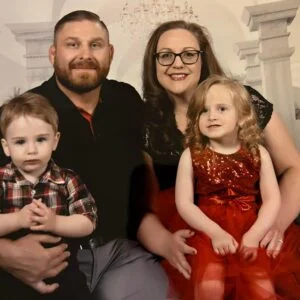
Rebecca Paeth, BSN-RN
Nurse Rebecca Health Coaching
Join me on my journey to a healthier lifestyle
I'm Rebecca, and I've been where you are.
If you’re tired of the endless cycle of dieting and conflicting health advice, feeling overwhelmed and longing to truly understand how to nourish your body and feel good in your own skin like I did, you’re in the right place. Through my blog, I share insights on weight loss, mindset, neuroplasticity, nutrition, and self-care to empower you on your wellness journey. Whether you’re seeking personalized guidance to address specific health challenges or you’re ready to break free from restrictive diets and embrace body acceptance while achieving sustainable weight loss, I offer coaching programs designed to help you cultivate lasting health and body confidence. Ready to explore a different path?

Benefits You Can Expect
Personalized, Evidence-Based Support
One-on-one sessions tailored to your health history, goals, and lifestyle—rooted in nursing expertise and current wellness science.
Mindset Transformation for Lasting Change
Guided coaching to help reframe limiting beliefs around food, body image, and health—so you stop sabotaging your progress.
Clear, Actionable Guidance Without the Overwhelm
Practical tools, customized strategies, and compassionate support to help you take consistent, manageable steps forward.
Our Happy Clients!
“Working with Rebecca completely shifted my mindset.”
I had tried everything—diets, workout programs, you name it—but nothing ever stuck. Rebecca showed me how to reframe my beliefs about food and my body. I’m losing weight without trying to lose weight!
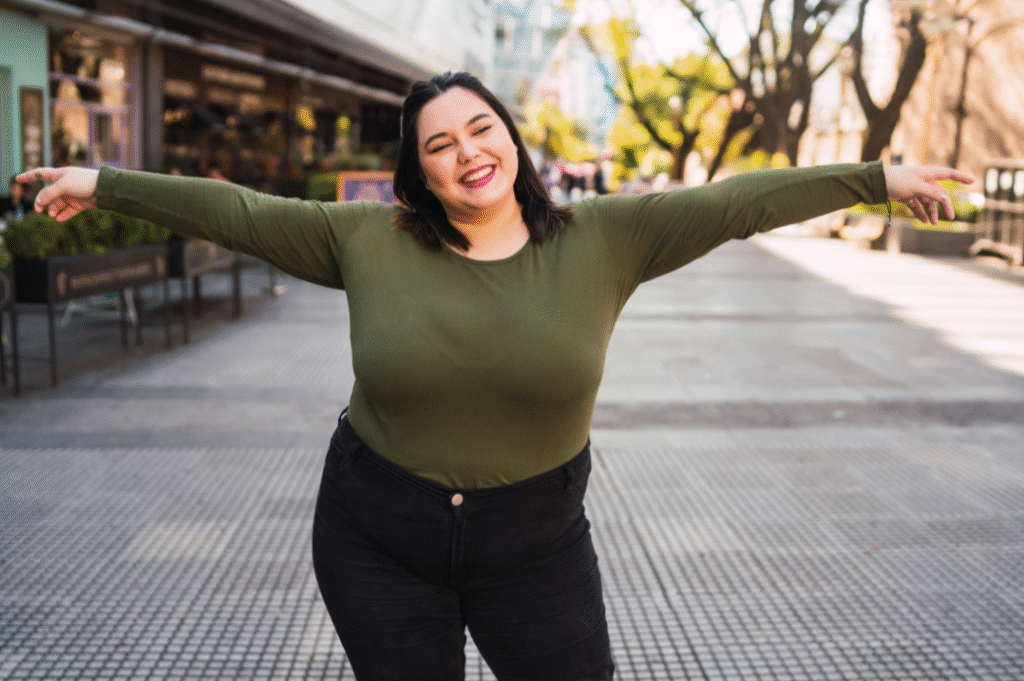
5/5
Sarah L.
“I finally feel in control of my health for the first time in years.”
Rebecca didn’t just focus on my symptoms—she really listened to my story and helped me understand the root of my challenges. Her guidance was practical and tailored to me, and now I feel empowered to make choices that support my health every day.
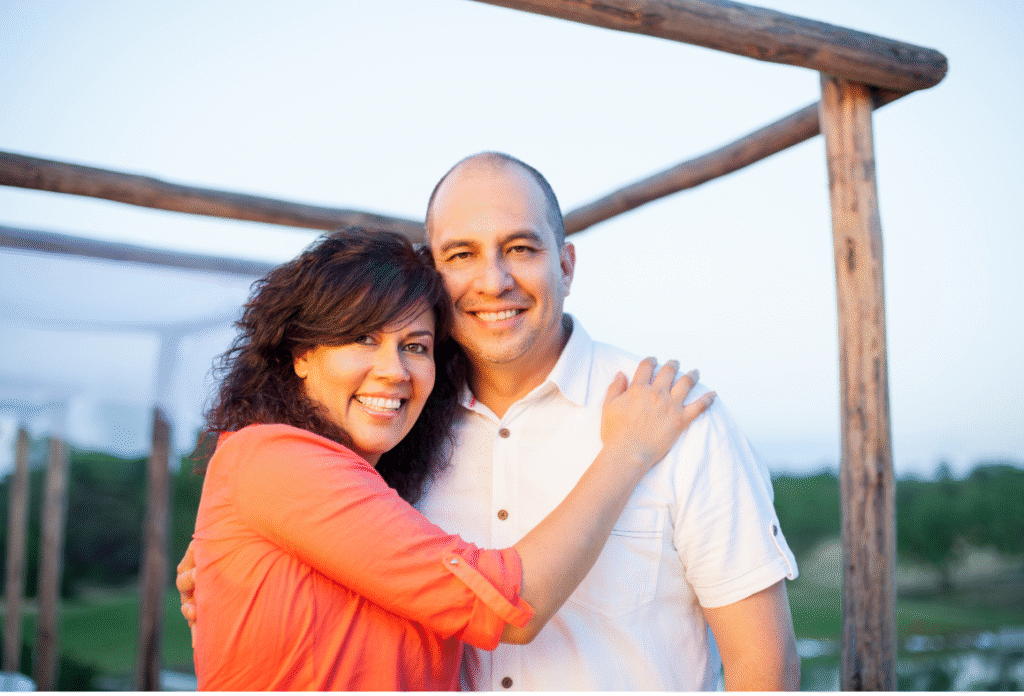
5/5
Lisa S.
“Rebecca’s support made all the difference.”
Having someone who understands both the medical side and the emotional side of health was a game-changer for me. Rebecca provided me with actionable steps, encouragement, and accountability every step of the way. I can’t recommend her coaching enough!

5/5
Kimberly F.
How It Works
Schedule Your Free Consultation
Book a no-pressure session where we’ll talk about your health goals, struggles, and what’s been holding you back. You’ll walk away with clarity—even if you don’t sign up.
I Handle the Details, You Focus on You
Based on your unique history and needs, I’ll create a personalized plan—no generic advice here. You’ll get clear next steps, ongoing support, and a roadmap that fits your life.
See Real, Sustainable Results
With consistent guidance and mindset shifts, you’ll feel more in control of your health, more confident in your choices, and more connected to the person in the mirror.
What’s Included in Your Coaching Journey

1-on-1 Coaching Sessions
Personalized 60-minute sessions tailored to your unique health goals, lifestyle, and challenges.

Custom Wellness Plans
A roadmap designed just for you—no generic advice, just focused guidance based on your needs and medical background.

Tools to Support Change
Worksheets, journaling prompts, and reflection exercises to help you stay mindful and motivated between sessions.
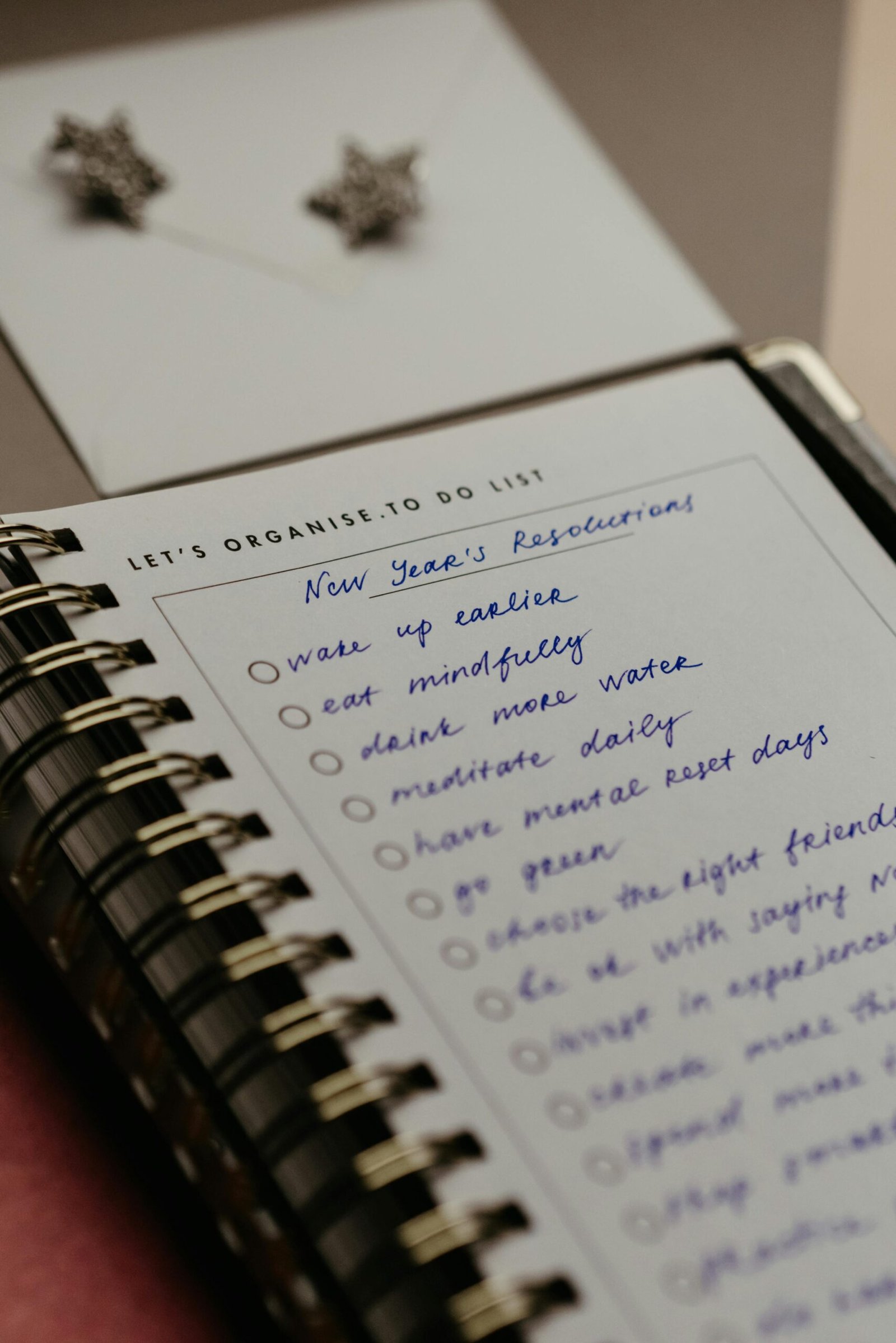
Progress & Accountability Tracking
We’ll track what matters most to you—from energy to mindset to symptom relief—so you can see real growth.
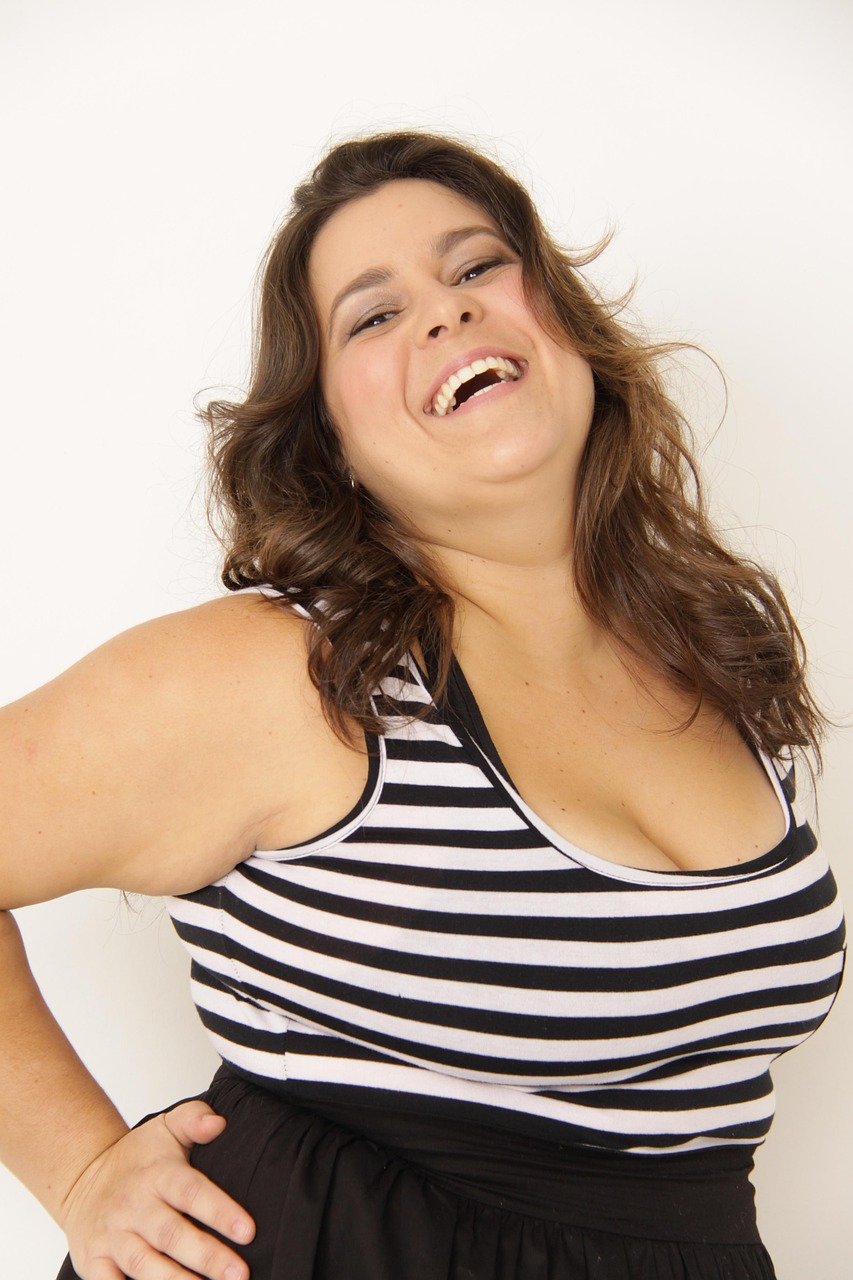
Mindset & Habit Coaching
Break free from old patterns and build new habits with a focus on lasting behavior change—not quick fixes.
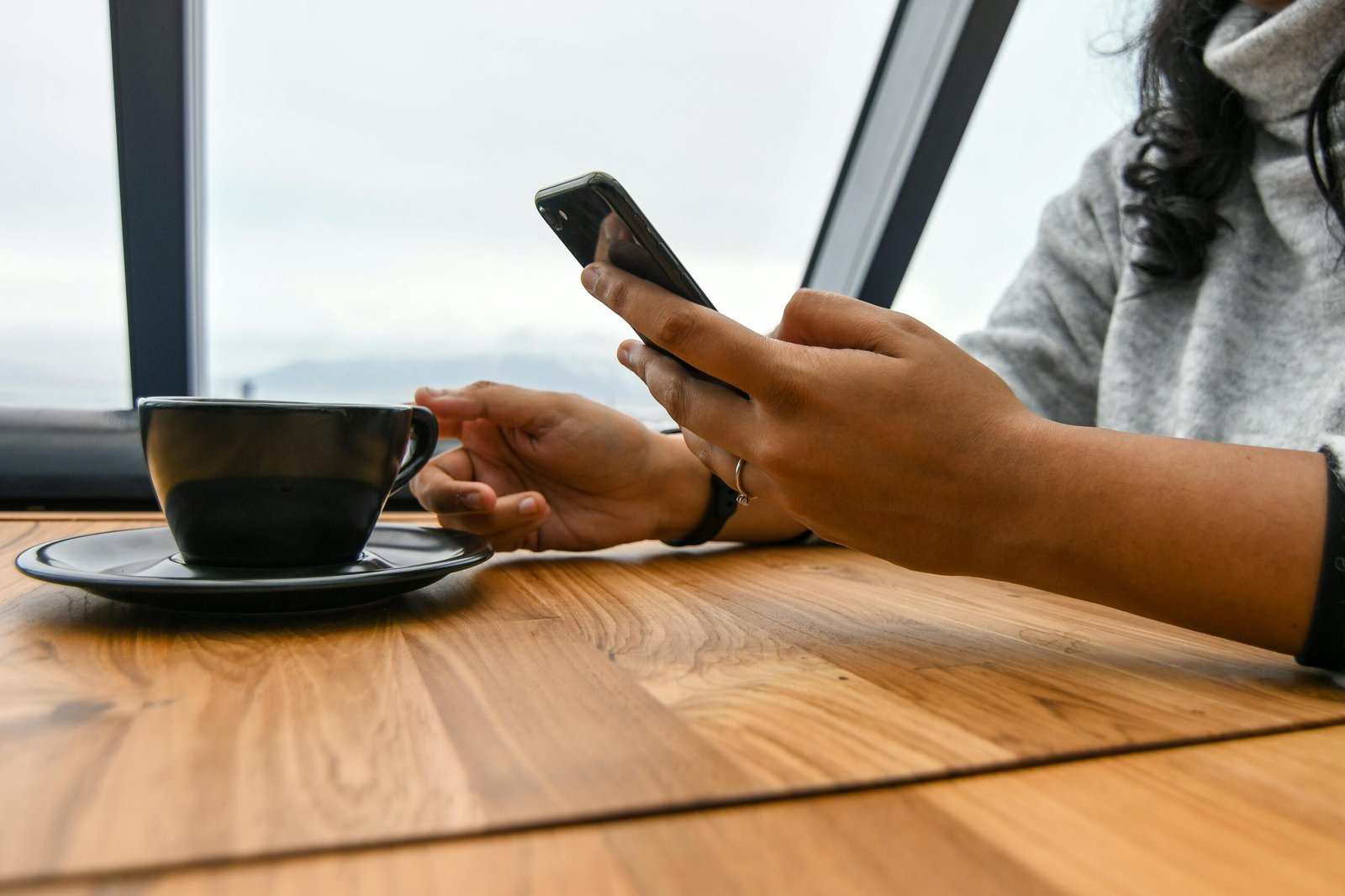
Ongoing Support Between Sessions
Stay connected with check-ins and direct access to me for questions, encouragement, and clarity when you need it.
Ready to Take the First Step Toward a Healthier, Happier You?
You don’t have to figure it out alone. Whether you’re managing a chronic condition or tired of the constant struggle with weight and self-doubt, support is here.
